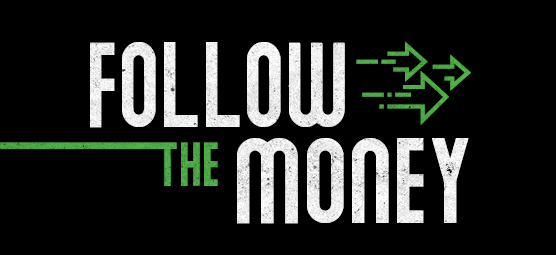Follow the Money: The Treasury Department’s Century-Long War on the Mob | Part 4

For a century, “follow the money” has been an essential mantra for law enforcement agencies probing organized crime. In this four-part lecture series, Paul Camacho, a retired IRS Criminal Investigation Special Agent in Charge, charts the Treasury Department’s historic efforts to take down Mob bosses and corrupt public officials.
Part 1: 1919 to 1933 – Treasury uses new weapon against the Mob
Prohibition and a culture of corruption were the great incubators of organized crime. With few laws on the books to effectively deal with the lawlessness, the Treasury Department’s Intelligence Unit rolled out, via the Al Capone tax case, a powerful new weapon to bring down Mob bosses and their elected cronies.
Part 2: 1934 to 1939 – Treasury tackles racketeers on multiple fronts
In the wake of Prohibition, mobsters learned from the mistakes of fallen kingpins and covered their financial dealings with a veneer of legitimacy and complexity. Treasury Secretary Henry J. Morgenthau and Intelligence Unit chief Elmer Irey joined forces to lift the veil on these schemes, including counterfeiting and the smuggling of illegal narcotics.
Part 3: 1940 to 1945 – Treasury targets the wartime rackets
The wartime economy created almost Prohibition-like opportunities for racketeers in the black market. Treasury agents went after war profiteers, including counterfeiters of currency and war bonds and rationing stamps. The Nazis were another target, as they were trying to launder money in the United States.
Part 4: 1946 to 1955 – Treasury follows the money in a new age
In the postwar era, federal law enforcement faced new challenges. President Harry Truman replaced Treasury’s seasoned law enforcers with political friends. Meanwhile, FBI Director J. Edgar Hoover’s focus on Communism blinded him to the emergence of a national crime syndicate. But the spirit of Morgenthau and Irey prevailed, as the power of following the money continued to put crime bosses behind bars.





